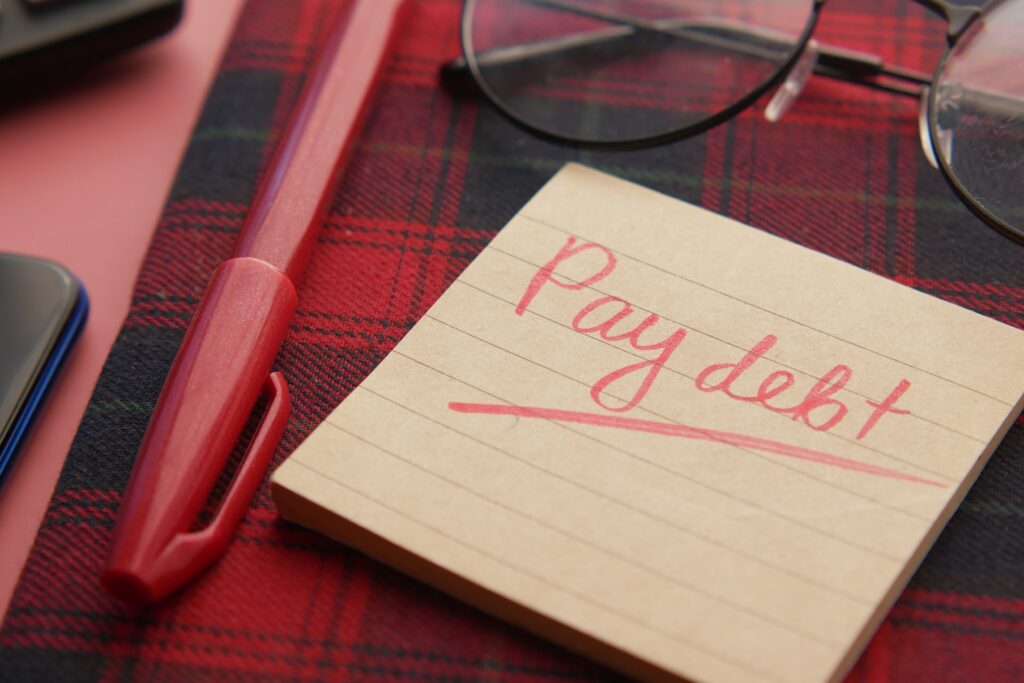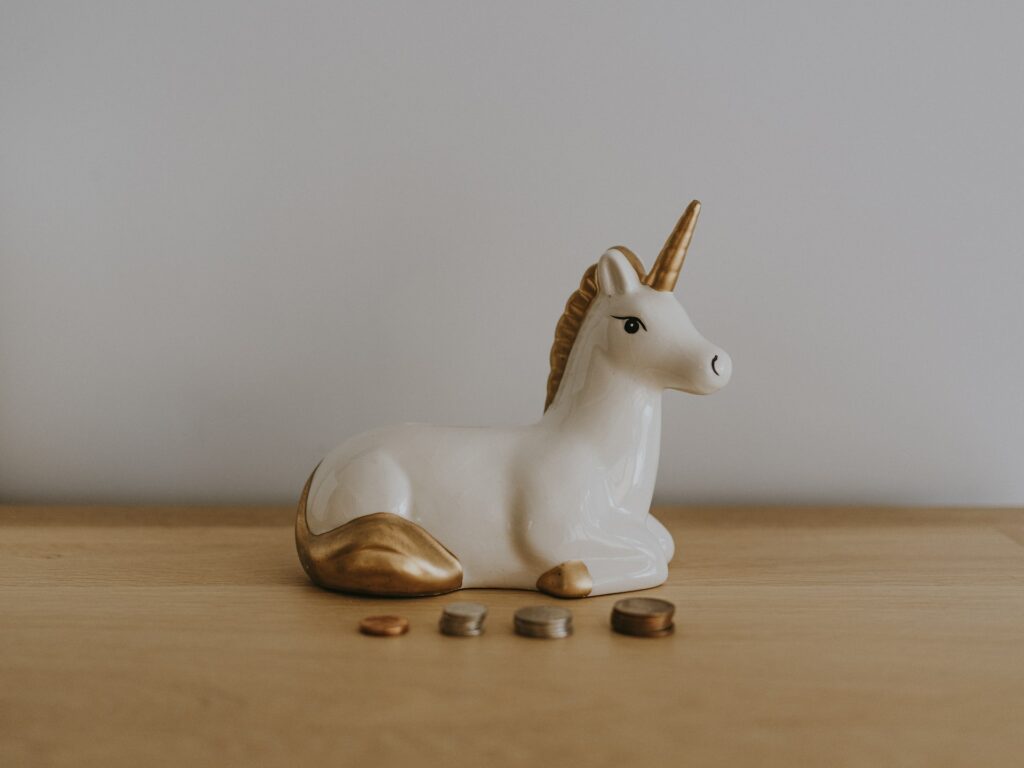The biggest personal finance myths need to be busted as soon as possible if we want to be good at managing our own money. People who are just starting to take charge of their finances may have trouble getting ahead because of these myths. Advice about money comes in many shapes and sizes.
We get a lot of financial advice from podcasts, conversations on social media, surfing the Internet, and talking to people we know at parties. Here are 10 personal finance myths you should not believe as you try to get your finances in order.
If you have a high income, you’re rich

You make a lot more money than most people if you have a high income. But high salaries don’t always mean more money in the bank.
As your income goes up, it takes self-control not to spend more money on your wants. You won’t get richer by buying a bigger house, a luxury car, or more expensive vacations. Lifestyle inflation is summed up by the old saying, “The more you make, the more you spend.”
You can change your budget and spend some of your money as you go along. But to get to a good level of wealth, you have to watch how much you spend, focus on your financial goals, and invest for the long term.
Only people with a high income can invest
If you think this is a good reason not to save, you should know that it is one of the biggest personal finance myths out there. Your income has nothing to do with how much you can save and invest.
There is no real “minimum amount” at which it makes sense to start investing. It’s better to think of personal financial management as part of your life plan, to make sure you regularly invest a part of your income toward your long-term goals and as part of your overall financial discipline. And with digitization, you have a lot of options even if you are just starting out.
No matter how much money you make, you should save at least 10% of it every month. We all know that you can start investing in systematic investment plans (SIPs) from mutual funds with as little as a couple hundred euros a month. So start saving now, no matter how much money you have.
Saving means putting money in a savings account
We keep taking money out of our bank account, even for “important” things like a new cell phone. Expenses tend to use up everything you have on hand, and your savings account is the first one to go.
Even if we are one of the few people who keeps money in fixed deposits (FDs) and doesn’t “break” them, does that count as saving? Since inflation is higher than returns, we are trading “safety” for any real returns. For example, the FD rate is about 5% right now, and consumer inflation is about 6%. This means that our purchasing power is going down.
So, it’s important to invest money in more than just a savings account, in a portfolio of different types of assets that fits your goals and needs.
You don’t need emergency liquidity
If you have a steady monthly salary or income and a healthy savings portfolio, including fixed deposits and savings for retirement, you might think you’re good to go, especially if you’ve also invested in insurance. Many people in this situation believe the myth that you don’t need to have money set aside for emergencies.
This is the furthest thing from the truth. By definition, emergencies require that you have the tools you need to deal with them. What if you get hurt on vacation in a country where your health insurance doesn’t cover you? Or, as many salaried workers with stable jobs realized, what if a global pandemic sends the economy into a recession and forces companies that are doing well to start layoffs and cutbacks?
No matter how many things you’re covered for, it’s important to have a steady flow of cash throughout the month and easy access to liquid assets like gold to get you through any Black Swan events in your career or the economy as a whole.
You can’t pay off your debts and save money at the same time

Personal finance experts often say that you should put all of your extra money toward paying off your debt. Even though it’s smart to double down on debt, especially if it’s on a credit card with a high interest rate, you shouldn’t necessarily stop saving. Think about how you’d pay for an emergency if you didn’t have any savings. You might be tempted to use your credit cards, which would add to your debt.
Before you invest, you should have no debt
Most people think this is true, but it can get in the way of your financial freedom and happiness. When you pay off your debt, you’ll have less stress, less risk, and more ability to handle personal emergencies. When you invest, you build up a reserve that can protect you and your family and give you ways to make money without doing anything. It may be most important to save enough money so that you can retire comfortably. Because of this, you need both for your financial health.
You shouldn’t put your retirement money in the stock market
Money in a savings account is safe from the ups and downs of the stock market, that much is true. But since most savings account interest rates are low, it won’t grow much either. When it’s time to take that money out for retirement in a few decades, inflation will have made it worth less. But the stock market has a long history of growth, which makes it an important part of your portfolio of long-term investments.
Expenses lowers in retirement

We can’t be sure that when we retire, our costs will go down. Some costs may go down or go away completely, while others, like medical costs, may start to show up in your budget. How much money each of us needs for retirement also depends on how we choose to live our lives. But if we want to keep living comfortably even after you retire, we’ll only need a certain amount of money more. So, thinking that you will only need half as much money in retirement can be a big mistake.
You shouldn’t talk to others about your money problems
There seems to be a rule that you shouldn’t talk about money problems. Money is a very personal subject that can lead to criticism and scrutiny.
Even though it might seem easier to hide money problems than to face them and talk about them, it might be worse to stay quiet. Your health gets worse when you worry about money. Money problems are one of the main reasons why people break up. Kids can also tell when you are trying to hide money problems.
Talking about money often can help you solve problems and keep them from making your health or relationships worse. When you talk about your money worries with other people, you’ll find out that you’re not alone and that your money doesn’t have to define you. You can get help and then begin to help other people.
Only wealthy people need a will or estate plan
It’s not easy to plan for your own death. But it is one of the most important things you’ll ever do.
Some people think they don’t need to make a will or estate plan until they have kids, a lot of money, or property. But if you die without a will, your property will go to the state. So, an administrator from probate court will give your assets to your beneficiaries instead of your close friends and family.
If you don’t make a will, the people you want to get your property or give it to may never get it. When it comes to your last wishes, don’t make assumptions. If you look into your state’s laws about what happens when someone dies without a will, you might be surprised to find out who will get your things or how they will be split among your loved ones.
Bottom line
After reading through these money myths, you might be able to think of more to add to the list. When it comes to money, everyone has an opinion about how to spend it, where to invest it, and how to save more of it.
If you realize that you’ve told other people some of the same (or similar) money messages, think about how what you said could affect what they do. You might have done well to talk about how you got the biggest mortgage you could because interest rates were low. But it could spell financial disaster for someone else.
Always keep in mind that your money is yours. If someone gives you advice about money, make sure you look into it before you act on it. Sharing what you’ve learned about money can help other people, but telling them to do what you did might not help them at all.



